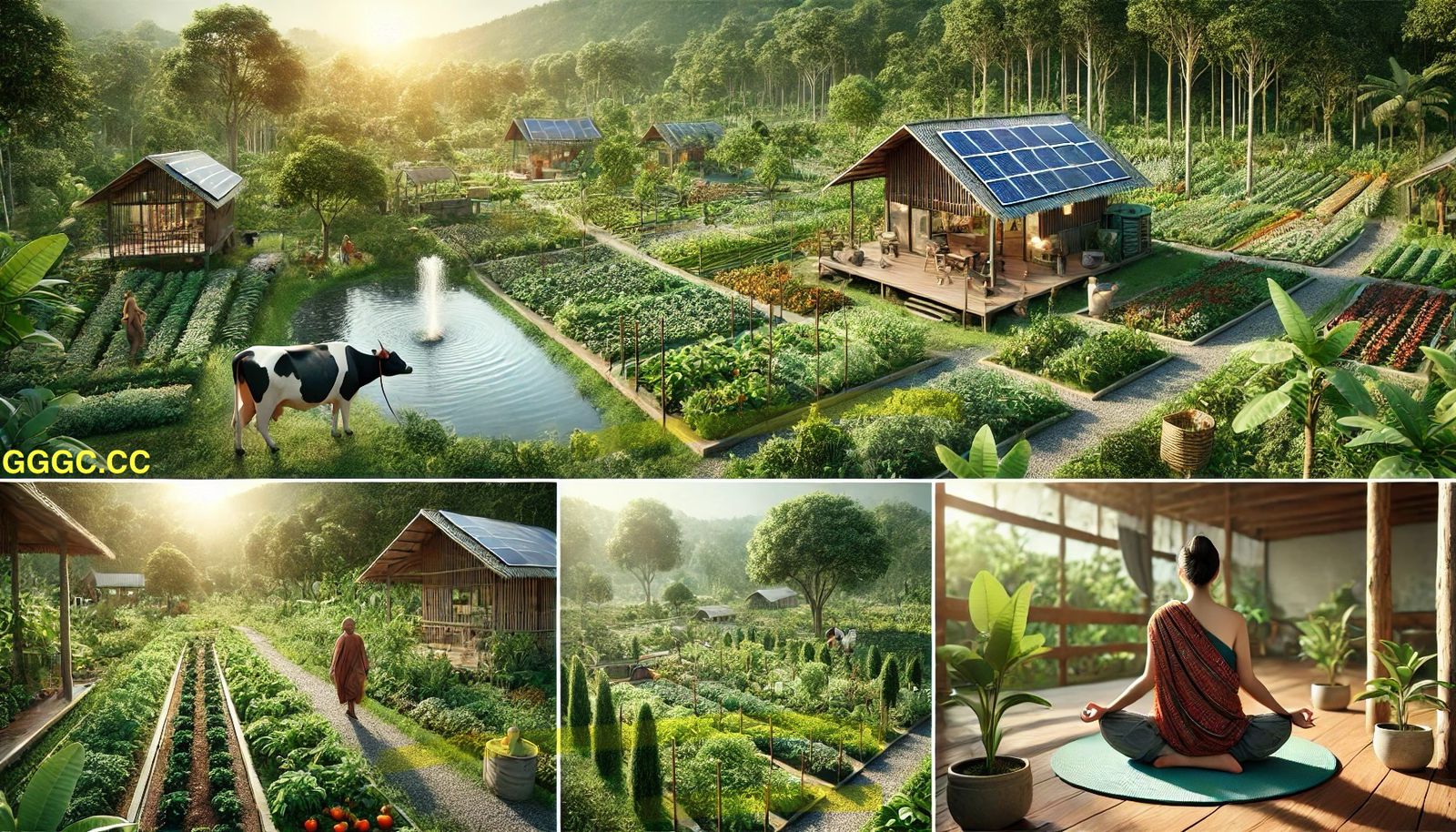Blog

29
AugNature adds immeasurable value to our future, offering both tangible and intangible benefits. From providing essential ecosystem services to enhancing our physical and mental well-being, nature is a cornerstone of sustainable development. Investing in natural capital – through conservation, restoration, and sustainable use – not only preserves biodiversity but also ensures economic resilience and social well-being for generations to come. As we face global challenges like climate change, nature-based solutions offer innovative and cost-effective strategies for adaptation and mitigation, proving that our future prosperity is inextricably linked to the health of our natural world.
Now, let me expand on this topic in more detail:
1. Ecosystem Services
Nature provides critical services that underpin our economy and well-being:
- Water Regulation: Forests and wetlands filter water and regulate water flow, reducing flood risks and ensuring water security.
- Climate Regulation: Ecosystems like forests and oceans act as carbon sinks, mitigating climate change.
- Air Purification: Plants filter air pollutants, improving air quality in urban and rural areas.
- Soil Formation and Nutrient Cycling: Natural processes maintain soil fertility, crucial for agriculture.
2. Economic Benefits
Investing in nature yields significant economic returns:
- Sustainable Resource Use: Properly managed natural resources provide long-term economic benefits.
- Nature-based Tourism: Ecotourism can provide sustainable income for local communities.
- Green Jobs: Conservation and restoration efforts create employment opportunities.
- Reduced Disaster Risks: Healthy ecosystems mitigate natural disasters, reducing economic losses.
3. Health and Well-being
Nature significantly contributes to human health:
- Physical Health: Access to green spaces encourages physical activity and reduces the risk of various diseases.
- Mental Health: Time in nature reduces stress, anxiety, and depression.
- Medicinal Resources: Many medicines are derived from natural compounds.
4. Innovation and Learning
Nature inspires technological and scientific advancements:
- Biomimicry: Natural designs inspire efficient and sustainable technologies.
- Scientific Discovery: Biodiversity offers vast potential for new scientific knowledge.
- Educational Value: Nature provides invaluable learning experiences for all ages.
5. Cultural and Spiritual Value
Nature enriches our cultural heritage:
- Cultural Identity: Many cultures are deeply connected to their natural environments.
- Spiritual Fulfillment: Nature often plays a central role in spiritual and religious practices.
- Artistic Inspiration: The natural world has long been a source of inspiration for art and literature.
6. Resilience to Global Challenges
Nature-based solutions offer resilience to global issues:
- Climate Change Adaptation: Natural systems can help communities adapt to changing climates.
- Food Security: Biodiversity underpins agricultural resilience and food production.
- Pandemic Prevention: Healthy ecosystems can act as buffers against zoonotic disease transmission.
7. Future Generations
Preserving nature ensures a livable planet for future generations:
- Biodiversity Heritage: Maintaining biodiversity preserves genetic resources and ecological balance.
- Sustainable Development: Nature-positive development ensures long-term prosperity.
- Ethical Responsibility: We have a moral obligation to preserve the natural world for future generations.
Investing in nature today is investing in a valuable, sustainable, and resilient future. By recognizing and enhancing the multifaceted value of nature, we can create a world where both human societies and natural ecosystems thrive in harmony.
Sidebar






